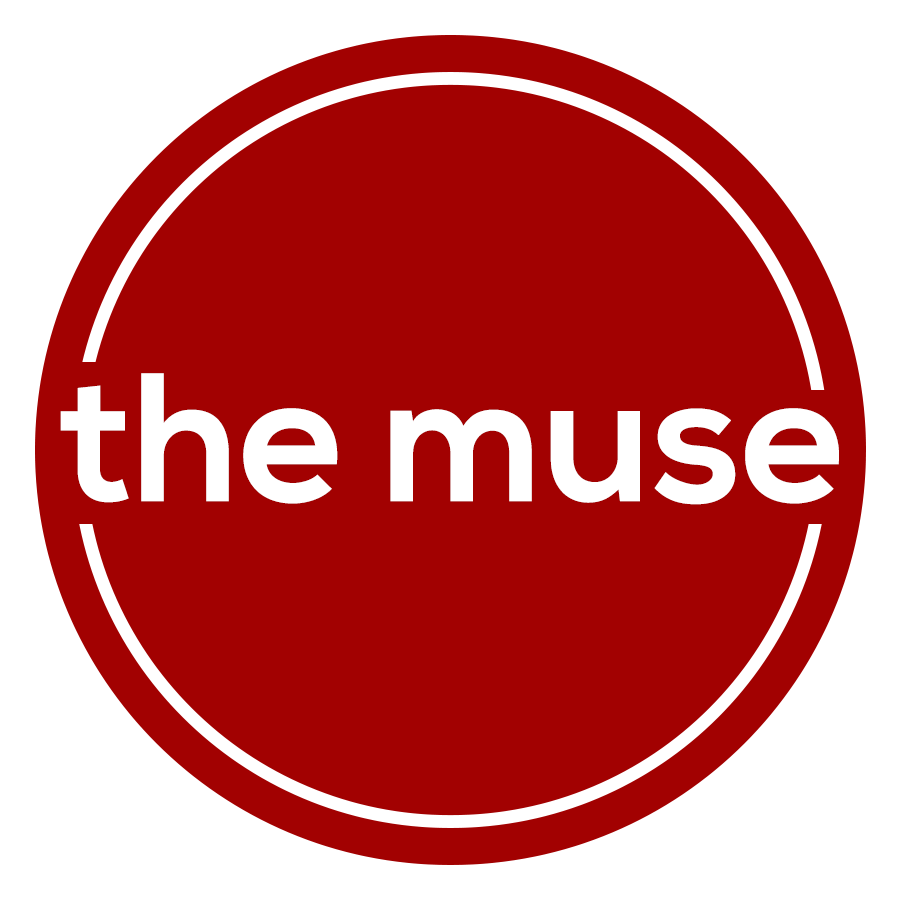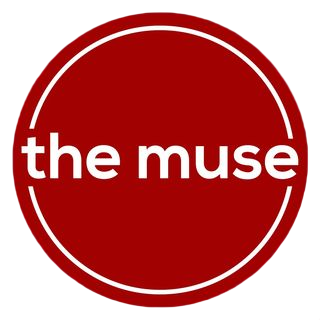2025 marks The Muse’s 75th anniversary.
Since 1950, dedicated student journalists at Memorial have reported on campus affairs, community events, politics, controversies, local entertainment – you name it.
This Week in Muse History series highlights notable articles and topics reported on by past students to celebrate 75 years of The Muse. This series also gives insight into student issues of the past – they are not as different as you might think.
Here’s what The Muse reported on this week, February 10-14th, in past years.

Just two years ago on February 10, 2023, Muse reporter Shreya Hande updated the student body on the Memorial University of Newfoundland Faculty Administration (MUNFA) strike.
The faculty union sought an eight percent salary increase, adjusted to reflect inflation, better benefits, and more equitable compensation and treatment of contracted workers versus tenured or tenure–track workers.
Students were off class with professors on the picket lines accompanied by various additional student and labour organizations for about two weeks, until the University reached a tentative agreement with MUNFA. Students awaited the agreement’s ratification so they could return to classes after missing two weeks.
The MUNFA strike, while necessary, caused frustration for some students as much valuable class time was missed without any opportunity to make it up. Due to these frustrations, MUN eventually doled out partial refunds to compensate for the missed lectures.

In a special “internet feature” edition of the Muse in 1995, Duleepa Wijayawardhana gave “uninitiated” Memorial students a crash course in internet etiquette, including emoticon use, common acronyms and their meanings, and what was and was not appropriate to post.
Wijayawardhana explained how computers are similar to human brains in the way they receive, process, and put out information. MUN had a few common areas with computers at this time – offering students free access to the internet. At this time, only Computer Science, Engineering, Psychology and Education departments were permitted to use the computers as they pleased.

In 1984, Muse journalist Gavin Will (and now Portugal Cove-St. Philips city councillor) covered the dangers of excessive alcohol abuse. Skyrocketing from about 76% in 1968 to 92% in 1977, rates of students who regularly engaged in heavy drinking were higher than ever before. Will made a point to highlight the fact that there were seldom alcohol–free events on campus. He also cautioned students against the possibility of serious legal or health implications if they were to develop an alcohol problem.
This problem was especially prevalent in the 80s when beer companies would sponsor houses on residence. Each house would appoint sales representatives to correspond with the promotional staff at the head office for their beer of choice. Since their collaboration greatly increased sales for the beer companies, they would offer students incentives to buy more, such as additional free alcohol or merchandise – hence Will’s concern.
In 2025 it seems as though a lower number of students consume alcohol regularly – with some choosing to partake in cannabis products instead, and others not at all.

On February 12, 1999, Michael Rossiter spoke to local folk musician Jim Payne about his passion project: digitizing Newfoundland oral tradition with folk music.
Payne combed through countless analogue archives and old recordings to compile a collection of over 450 Newfoundland folk songs to be put on to CDs, most of which were collected by folklorist Kenneth Peacock over a 40 year period. His goal with this project was to use technology to make Newfoundland music more accessible to the general public. Payne wanted to preserve years of storytelling that couldn’t be confined to a history book – “the more obscure stuff that has been going on in Newfoundland for centuries and has really been the background to all of us … the history of our people.”


![1[1]](https://staging.themuse.ca/wp-content/uploads/2025/02/11-696x696.jpg)
